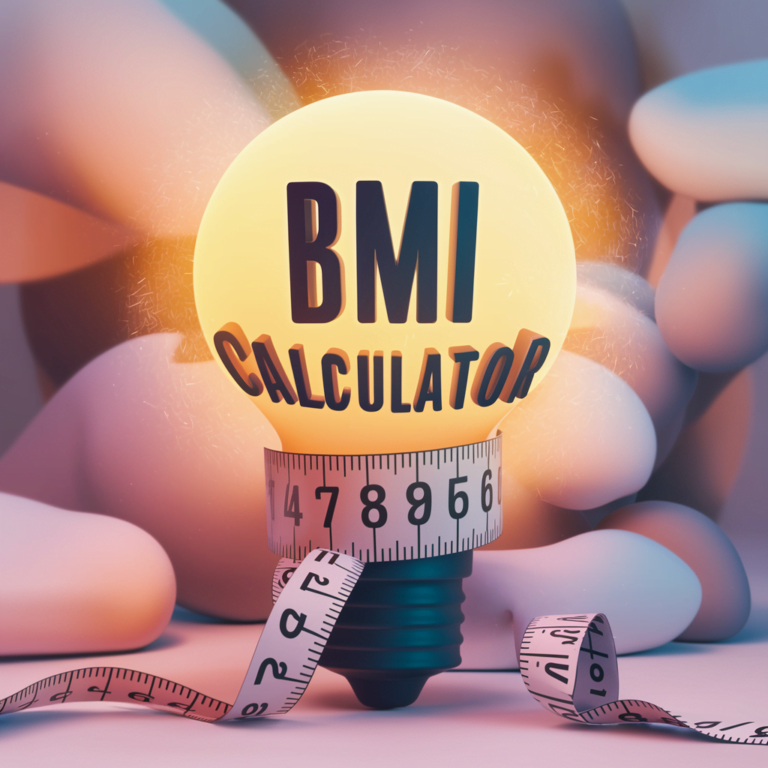A Guide to Understanding Body Mass Index
Body Mass Index (BMI) is a common tool used to assess weight relative to height. It’s a simple calculation that provides a starting point for understanding your weight category. While BMI doesn’t differentiate between muscle mass and fat, it can be a helpful indicator for adults to discuss weight management with their healthcare provider.
Understanding the BMI Calculation
There are two main BMI formulas, one for metric units (kilograms and meters) and another for imperial units (pounds and inches).
- Metric: BMI = weight (kg) / height (m²)
- Imperial: BMI = (weight (lb) x 703) / height (in²)
Interpreting Your BMI
Once you calculate your BMI, you can use a chart to interpret the result. Here’s a general breakdown of the BMI categories:
- Below 18.5: Underweight
- 18.5 – 24.9: Normal weight
- 25 – 29.9: Overweight
- 30 – 34.9: Obese (Class I)
- 35 and above: Obese (Class II or III)
Important Considerations
While BMI is a widely used tool, it’s important to remember:
- Muscle mass: People with a high amount of muscle mass, like athletes, may have a high BMI even though they have a healthy body composition.
- Age and sex: BMI ranges may differ slightly for men and women, and BMI isn’t typically used for children or adolescents.
- Body composition: BMI doesn’t tell the whole story. Body fat percentage is a more accurate measure of overall health.
Using a BMI Calculator Online
Many reputable health websites and organizations offer free online BMI calculators. These tools are easy to use and provide instant results.
Here’s how to use a BMI calculator:
- Find our online BMI calculator.
- Enter your weight and height using the appropriate units (metric or imperial).
- Click “calculate” and your BMI will be displayed along with the corresponding weight category.
Beyond the BMI: Taking Charge of Your Health
While BMI can be a helpful starting point, a healthy lifestyle is key. Here are some tips:
- Eat a balanced diet: Focus on whole foods like fruits, vegetables, and whole grains.
- Get regular exercise: Aim for at least 150 minutes of moderate-intensity exercise per week.
- Schedule regular checkups: Consult your doctor to discuss your BMI, overall health, and any weight management goals.
Remember: BMI is just one piece of the puzzle. For a comprehensive understanding of your health, consult your healthcare provider. They can guide you towards personalized strategies for achieving and maintaining a healthy weight.

